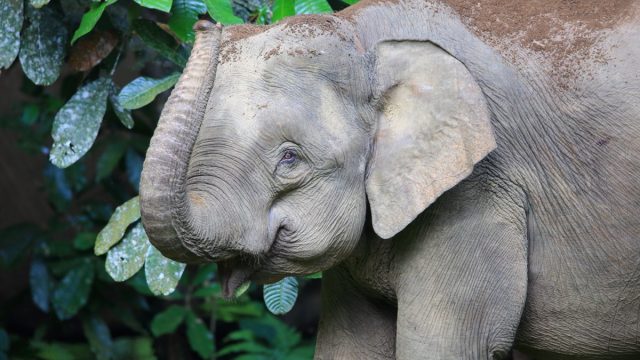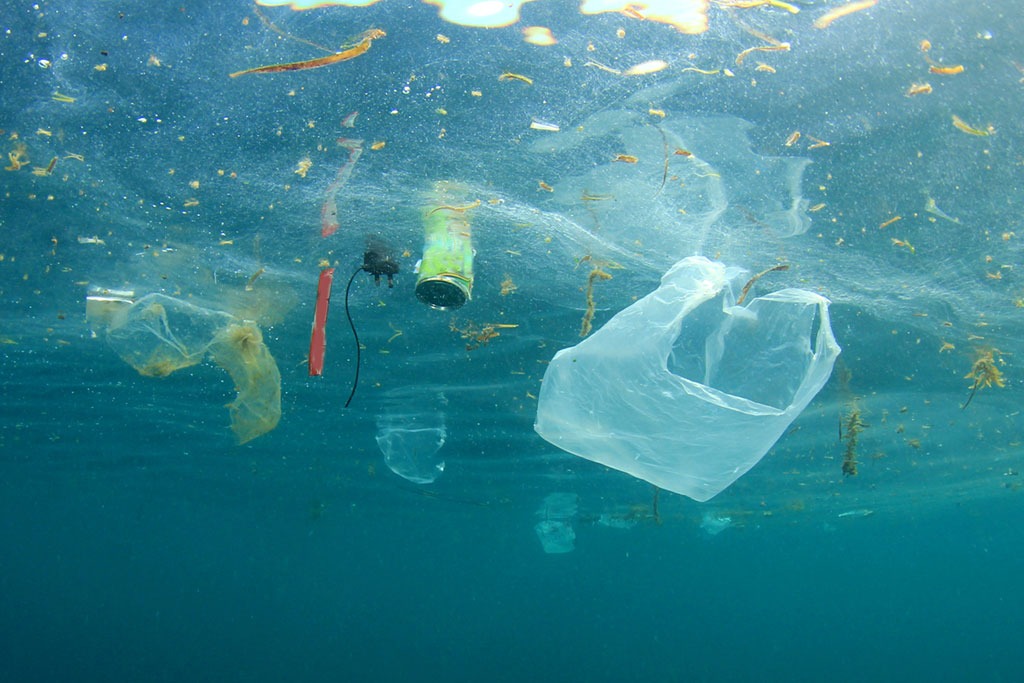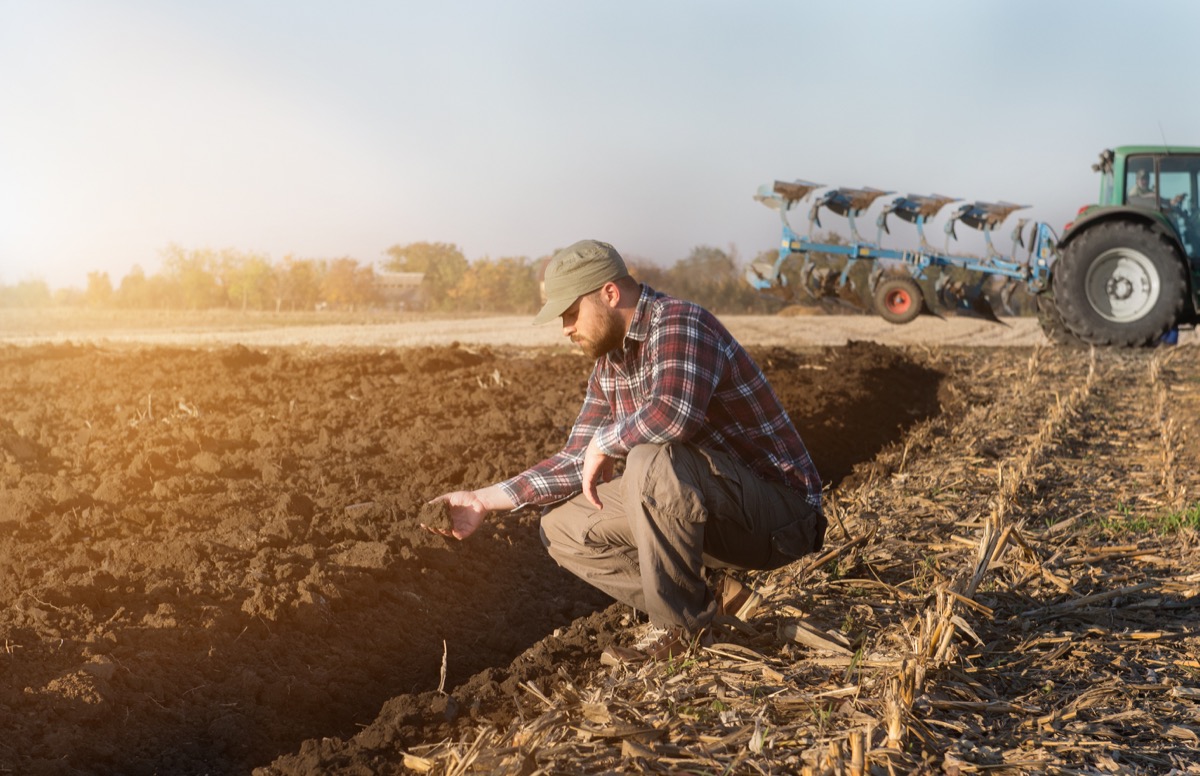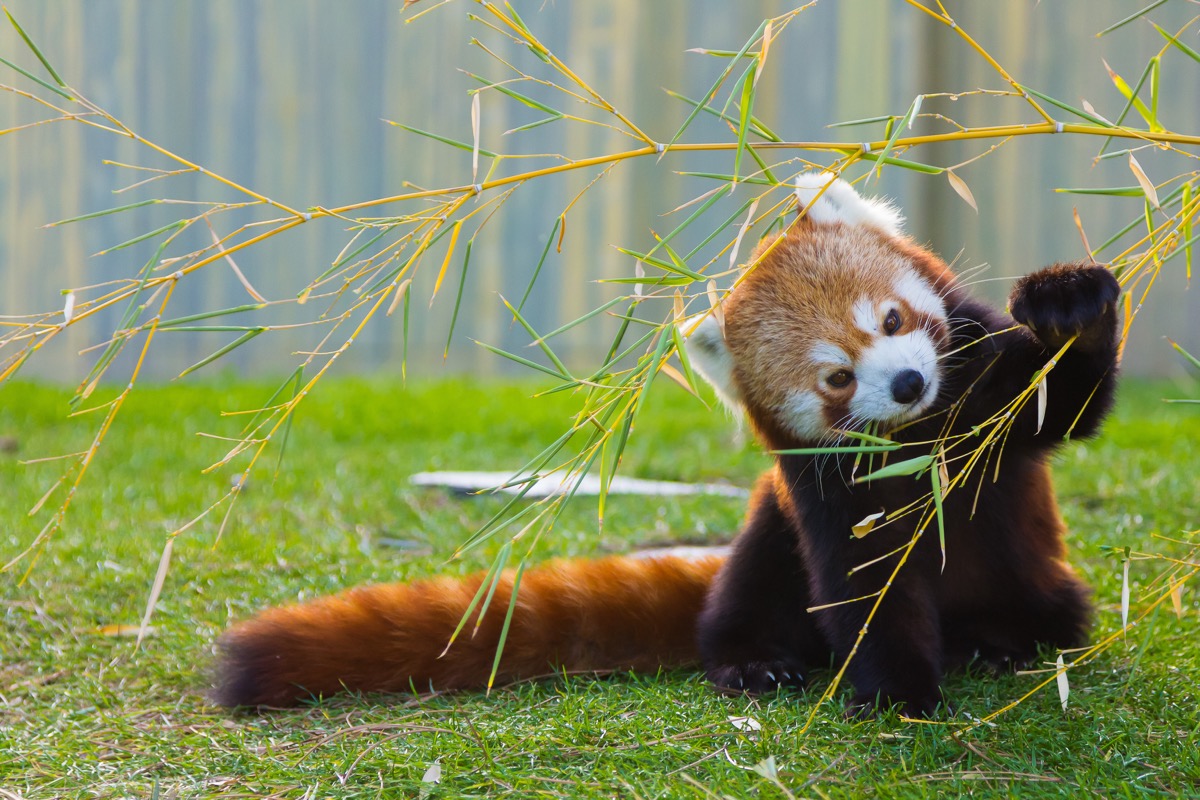The Science-Backed Reasons Why Saving Endangered Species Is Important

The importance of saving endangered species has been all over the news in recent years. But there are still those out there who wonder why, with approximately 7.8 million animal species on the planet, losing a few hundred or even a few thousand is such a big deal. Well, believe it or not, protecting endangered species has major implications that extend far beyond simply keeping cute animals alive. From their role in agricultural production to their contributions to medicine, these animals do far more than many of us realize. Here are some of the reasons why saving endangered species is of the utmost importance. And for more on how you can help, check out 17 Small Things You Can Do to Help Endangered Species.
They are the sources of medicines, from antibiotics to anti-cancer agents.

Those species whose lives are on the line could potentially save your life down the road. Biological diversity has been vital to the development of all types of medicine. In fact, according to one 2012 paper published in the Journal of Advanced Pharmaceutical Technology & Research, nearly half of all drugs created within the last 30 years “are either directly or indirectly from natural products.” And these natural products are disappearing at a rapid rate, leaving the animals who live off them dying as a result.
“A few hundred wild species have stocked our pharmacies with antibiotics, anti-cancer agents, pain killers, and blood thinners,” notes the U.S. Fish and Wildlife Service. “The biochemistry of unexamined species is an unfathomed reservoir of new and potentially more effective substances.” Basically, there’s no telling what potentially life-saving sources could be lost as more plants and animals go extinct.
What we do know is that some of the animals on the verge of extinction harbor definitive medicinal resources. For example, the blood of a particular type of horseshoe crab that’s on the decline due to overfishing has been used to detect harmful bacteria in medical devices and drugs. And an experimental drug derived from the saliva of Gila monsters, a venomous lizard in the Southwestern U.S. and parts of Mexico, has been found to help people with type 2 diabetes keep their blood sugar at healthy levels, according to Michelle Magee, MD, director of the MedStar Diabetes Institute.
In short, every species lost is the loss of a wonder drug that may save human lives.
They are the first signal of serious environmental issues.

There is no better way to track the health of our ecosystems and the species that live in them than through living organisms. For instance, freshwater mussels that filter water from the ocean are often the first to signal pollution issues, and the drop in population of peregrine falcons alerted the world to the dangers of DDT. These creatures often serve as “canaries in the coal mine,” alerting us to dangerous environmental conditions when we would never realize otherwise. If these species go extinct, we lose these essential and natural monitors of our environment. And FYI, those freshwater mussels are at risk of disappearing. So, if you want to help keep the environment healthy, check out these 30 Easy Ways to Make Your Home More Eco-Friendly.
They help keep crops (and by proxy, humans) healthy.

Farmers frequently use insects to help ensure the health of their crops. Without them, that could mean less healthy food for us. “Farmers are using insects and other animals that prey on certain crop pests,” the U.S. Fish and Wildlife Service points out. “These are called ‘biological controls,’ and in many cases they are a safe, effective, and less expensive alternative to synthetic chemicals.” Without animals naturally doing the dirty work of pesticides, we’re exposing our crops, and thereby ourselves, to dangerous chemicals.
But, according to a 2019 meta-analysis published in the journal Biological Conservation, more than 40 percent of insect species are threatened with extinction. “Insects constitute the world’s most abundant and speciose animal group and provide critical services within ecosystems,” the study authors explain. Potential extinction, the researchers conclude, “cannot be ignored and should prompt decisive action to avert a catastrophic collapse of nature’s ecosystems.”
They boost the economy.

While endangered species provide seriously pivotal services, they’re also quite the commodity, too. Ecotourism generates billions of dollars every year throughout the world—bird-watchers alone spend nearly $41 billion annually on travel and equipment. Though it’s not often something that people think about, the less we do to protect animal species, the more we risk slashing an important sector of the economy. And for more on animals that need protecting, read up on All the Endangered Species in the World.